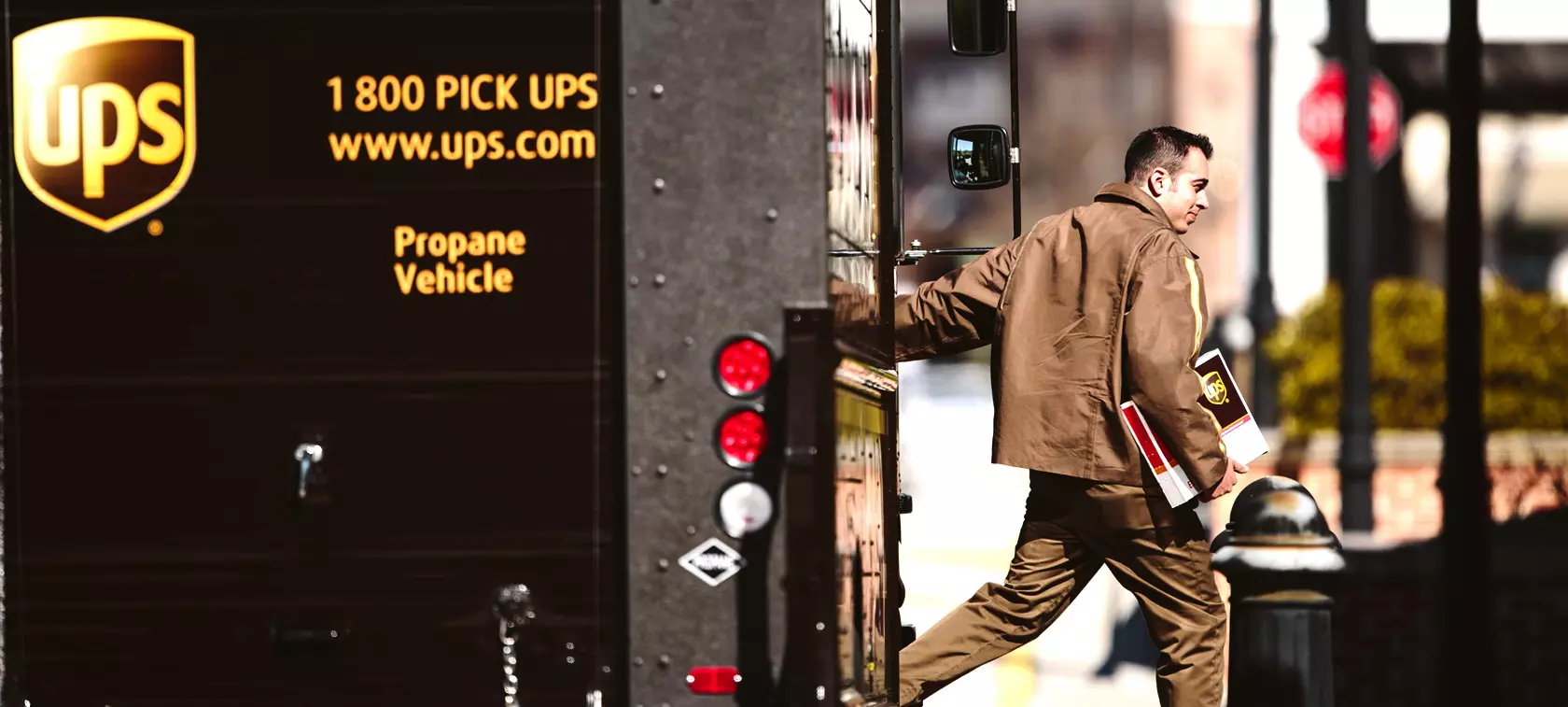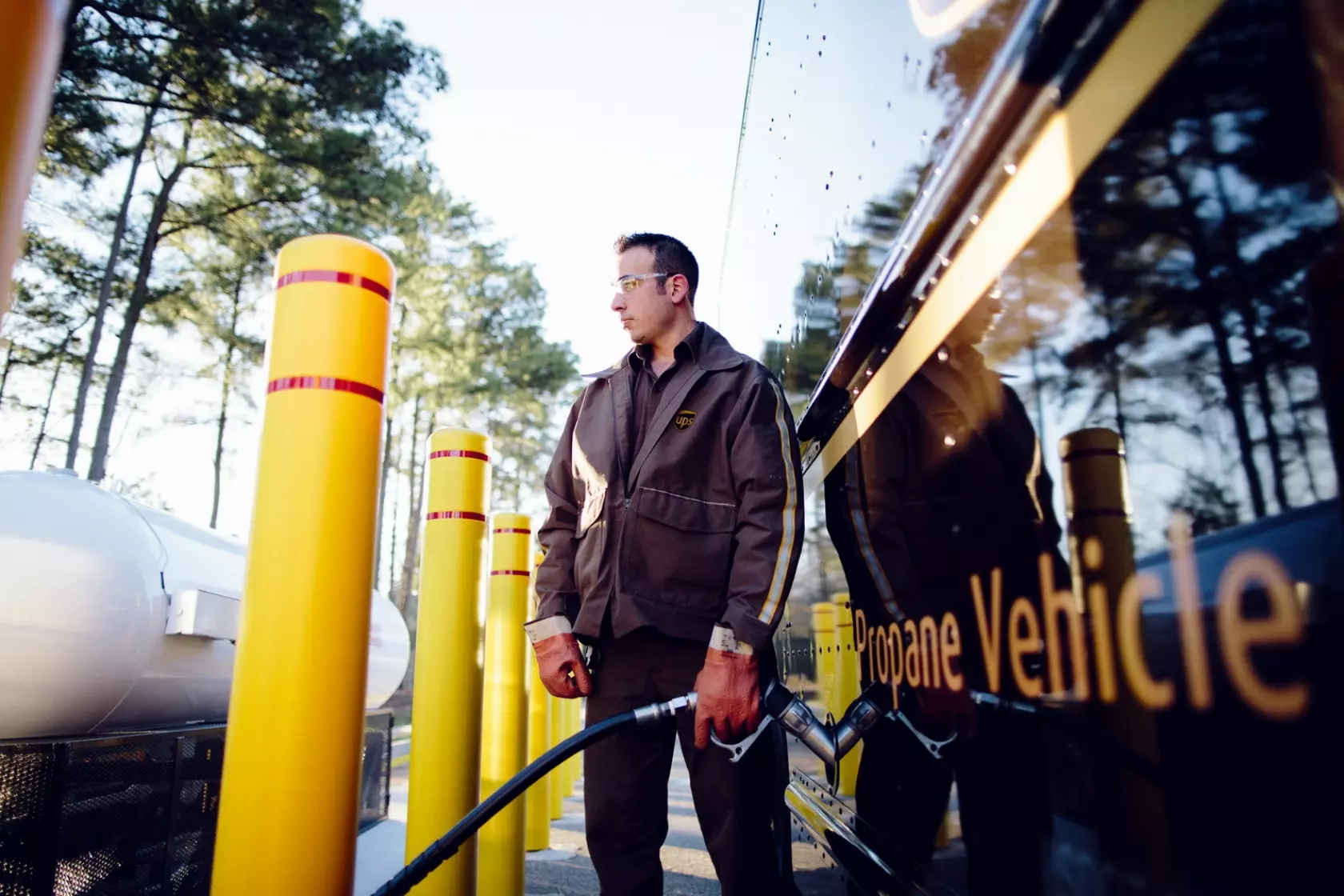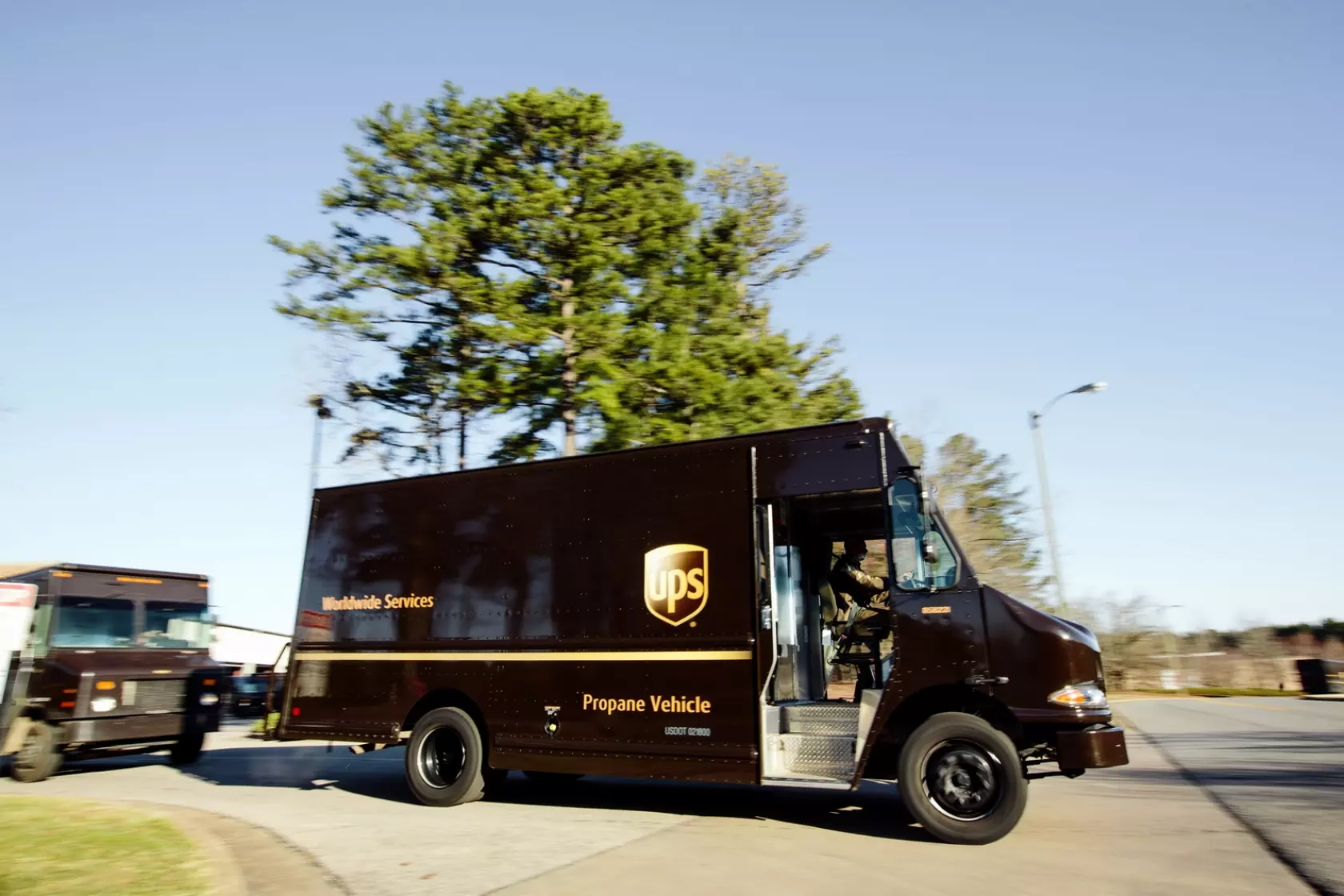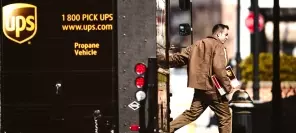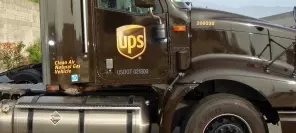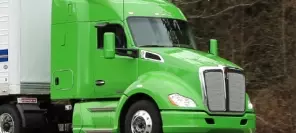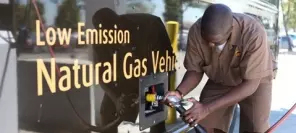- Main page
- Search
- Up to date
- Products
- Technology
- Vehicles
- Video
- Conversion Payback Simulator
Port Injection - Conversion Payback Simulator
Direct Injection - Conversion Payback Simulator
Diesel - Newsletter
UPS - 1000 LPG-powered vehicles
 loading results...
loading results... © Clean Fuel USAFreightliner Custom Chassis MT-45/55 vehicles are powered by 6-liter, 342 PS V8 engines with liquid state LPG injection systems manufactured by Icom
© Clean Fuel USAFreightliner Custom Chassis MT-45/55 vehicles are powered by 6-liter, 342 PS V8 engines with liquid state LPG injection systems manufactured by IcomThe fleet of LPG-powered vehicles will replace those running on petrol and diesel oil, used mainly in rural areas in the states of Louisiana and Oklahoma.
On these routes, vehicles can go as far as 200 miles (322 km) on one full LPG tank. Delivery will begin in mid-2014 and will end in early 2015.
UPS along with Propane Education & Research Council (PERC) has worked with suppliers of fuel systems and cars to meet the EPA’s and California Air Resource Board’s (CARB) emission standards.
In winter, UPS successfully tested 20 LPG-powered delivery trucks in Gainesville, Georgia. The vehicles were built by Freightliner Custom Chassis.
It is estimated that the fleet of LPG vehicles will cover more than 25 million miles per year (about 40 thousand miles per car), thus saving about 3.5 million liters of petrol and diesel oil.
The opportunity to road test new propane vehicles and fueling equipment with one of the most sophisticated fleets in the country is a major milestone for the propane industry. This announcement is the culmination of many entities bringing together the best in propane technology to achieve the greatest economic and environmental results.
Roy Willis, president and CEO of PERC
This year, UPS takes advantage of wider availability and greater price stability of LPG in the States. This is a result of increased production of natural gas in the country. Currently, UPS operates almost 900 LPG-powered vehicles. They are used in Canada.
UPS has one of the largest fleets powered by alternative fuels. It accounts for more than 3150 vehicles. These are electric cars, hybrids (electric and hydraulic), as well as light-weight composite body vehicles powered by LPG CNG, LNG and biomethane.
